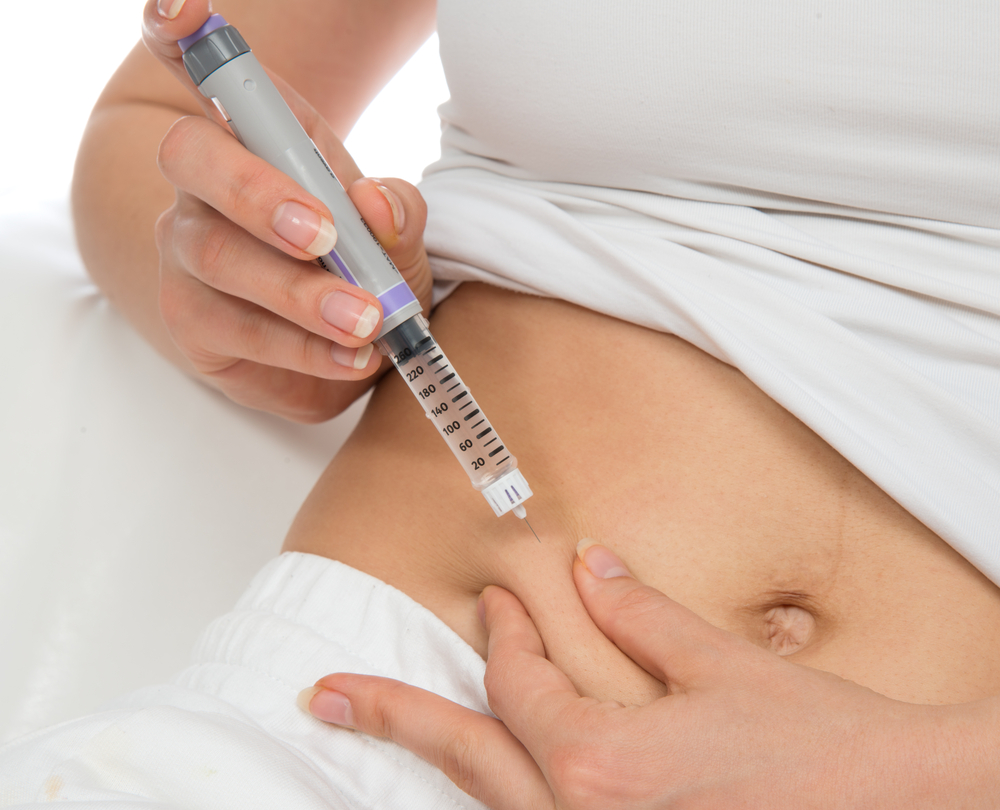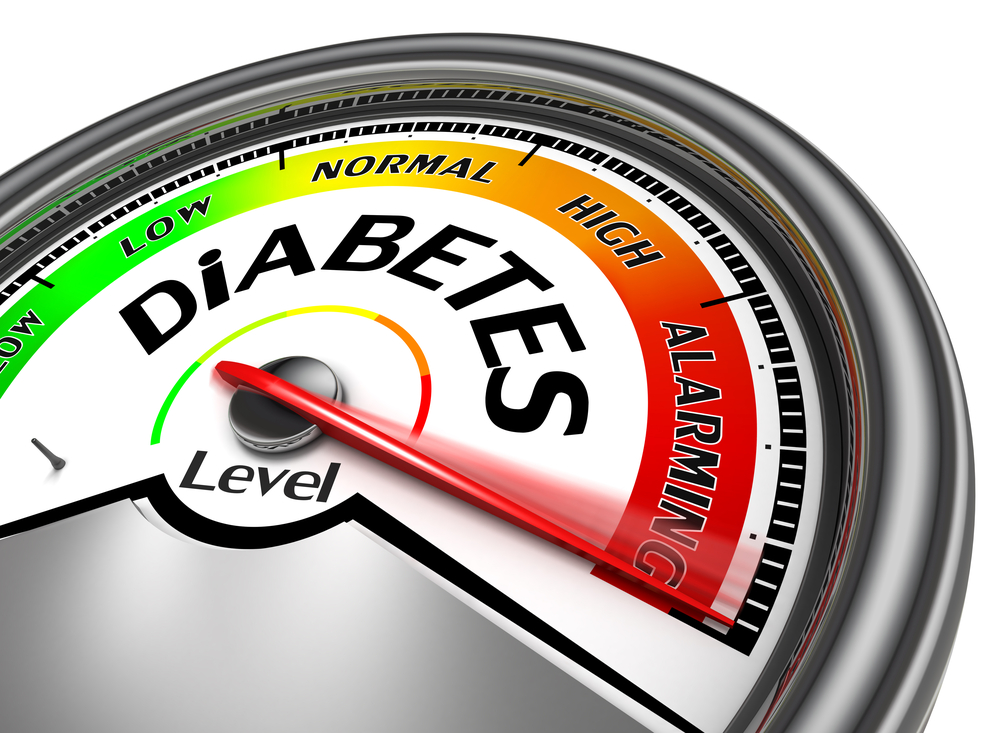Diabetes is a never-ending disease, which currently affects over 246 million people worldwide and over half of these are women. Researchers have expected that these rates tend to increase to 380 million by the year 2025. It has been proved in various studies that diabetes is the fifth deadliest disease in the United States alone.
The number of diabetes is 2-4 times higher among Afro Americans, American Indians, Latino, and Asian/Pacific than white women. Moreover, it has been studied that the risk of diabetes increases with age. Diabetes is very hard for women because its burden on women is unique, because it can affect both mothers and their unborn children. Women with diabetes are at high risk of getting a heart attack at a younger age as compared with women without diabetes.
Detailing diabetes and its types:
Diabetes is a very serious condition and is referred by the doctors as diabetes mellitus. Basically, diabetes is a group of diseases in which a person’s insulin production rate behaves inadequately or the body’s cells do not respond properly to insulin, or both resulting in high blood glucose level. Patients with diabetes have to experience frequent urination, increasing thirst and hunger problems as symptoms.
Also Read: Living healthy with Diabetes
Diabetes problem is categorized into two main types including Type 1 and Type 2. The condition in which the immune system is attacked by various cells in the body is regarded as Type 1 diabetes, which usually develops quickly, over a few days to weeks. Whereas, type 2 is the common form of diabetes and is affecting almost 10 million American women. Obesity and lack of physical activity are the two most common causes of this form of diabetes.
Women suffering with type 2 diabetes don’t know initially that they are suffering from diabetes. One of the first symptoms that type 2 diabetic patients may experience would be an increase in thirst, which is accompanied by additional problems like frequent urination, dry mouth, increased appetite, and unusual weight loss.
How diabetes affect women differently?
Teen and young adult years:
Diabetes affect differently, one of the main causes is eating disorders, which is higher among young women with diabetes as compared to women in the general population. Moreover, at the starting of the puberty, hormones swing and blood glucose levels are difficult to control. A woman’s menstrual cycle creates havoc with her blood sugar levels in teen years and beyond.
During reproductive years:
An estimated 1.3 million women of reproductive age have diabetes and out of the above mentioned figure half of them do not know that they have the disease. This period is very important for women because diabetes can have an impact on many aspects including health during these years. These include:
- Yeast infections- Women with diabetes often experience yeast infections because of the high glucose levels in their body. Glucose levels may trigger yeast overgrowth and if the infection is diagnosed early then it can be treated easily with over-the-counter remedies or medicines.
- Birth control- According to the American Diabetes Association, it has been stated in their research that women who use contraceptive methods like birth control pills may increase their blood glucose levels. The risk of complications from diabetes may increase if women stay on contraceptive pills for a longer period. So, to avoid this problem, women may switch to other alternatives like condoms and vaginal rings.
- Vaginal changes- Nerve damage from diabetes may lead to vaginal changes like dryness, whereas some women experience changes in their sexual health. Using various types of lubricants and controlling diabetes may help women.
Pregnancy- Some women who don’t have diabetes may develop gestational diabetes while they are pregnant. This diabetes form may develop complications like high blood pressure among women and may also affect the health of new born baby by affecting his/her health or weight. Moreover, 90 percent of women who develop gestational diabetes have told various researchers that they find their blood glucose level return to normal level after childbirth.
The transitional years:
During menstruation hormones alter blood sugar levels and may cause severe blood sugar swings in some women. This stage of women is the time when many they gain weight and become less physically active, which increases the risk for developing type2 diabetes. As women age, the risk of getting other chronic illnesses or diseases related to diabetes increases, especially if lifestyle choices haven’t improved.
Related: 10 Amazing Health Tips For Managing Diabetes
Treatment and management of diabetes in women:
There’s no cure for diabetes, so certain medications along with lifestyle changes may help women to keep their blood glucose levels as normal as possible. Below are some of the medications and lifestyle changes that diabetic patients must follow to lead a healthy and happy life:
Related: Fighting Diabetes With Chocolates, Berries And Wine!
Medications:
Medications alone cannot solve the problem of diabetes. For controlling diabetes, women should keep a watch on their diet and have to do physical activities too. Basically, the decision about which medications to be taken totally depends on various factors, including blood sugar levels and other health problems. Doctor may recommend women the following mentioned medications such as:
- Metformin- Women suffering with type 2 diabetes may be recommended or prescribed Metformin by their doctors. This medication works by reducing the amount of glucose that liver releases into the bloodstream and also by improving the sensitivity of body tissues to insulin. Nausea and diarrhoea are some of the common side-effects of this medication. Furthermore, you can shop this medication from various online stores as well as from over-the-counter.
- Sulfonylureas– This medication type include Glyburide, Glipizide, and Glimepiride, which is very effective and also helps your body to secrete more insulin. After taking Sulfonylureas, women may experience weight gain and low blood sugar levels as side-effects.
- Insulin therapy- Insulin therapy is recommended by the doctors only in severe conditions of type 2 diabetes. This therapy helps the patients in lowering their blood glucose levels and can be performed in two ways either patient can take it through mouth or injection. Injection is the most preferable option and for injecting the insulin in the body, patient just needs to have a syringe or an insulin pen, which is a device that looks similar to an ink pen, except the cartridge is filled with insulin.

There are pros and cons involved in every procedure, so always try to consult with your doctor before reaching the final result. Along with the above mentioned medications, various lifestyle changes should be done to manage the diabetes. These include:
- Healthy eating- The main preventive measure for diabetic patient is to manage the diet. Your doctor or general physician will provide you details or list in a written form, what you should eat to level you blood glucose levels. Foods including green leafy vegetables, sprouts, and whole grains are best for diabetic patients. Moreover, always try to cook your food in olive oil and do not drink sugary drinks and juices.
- Keep your weight under control- Being in weight and under control help you in avoiding various diseases. It is best for every person to get involved in physical activities like swimming or playing some sports as it helps body to utilize your insulin efficiently. To keep your weight under control, try to involve 35 to 45 minutes jog in your fitness regime.Also read:
13 Diabetes Tips to Improve Blood Sugar
Share your view and thoughts in the comments section below. Also, share this article with your friends and family for their best health.
Get useful health tips and remedies regularly, on your Facebook feed.



